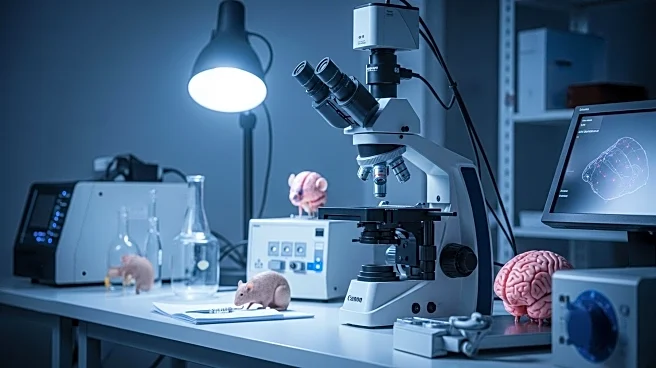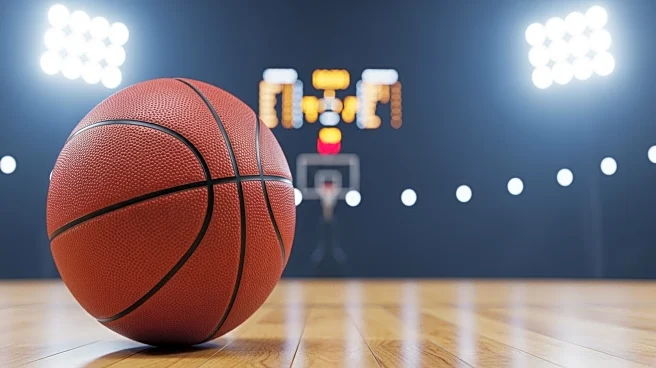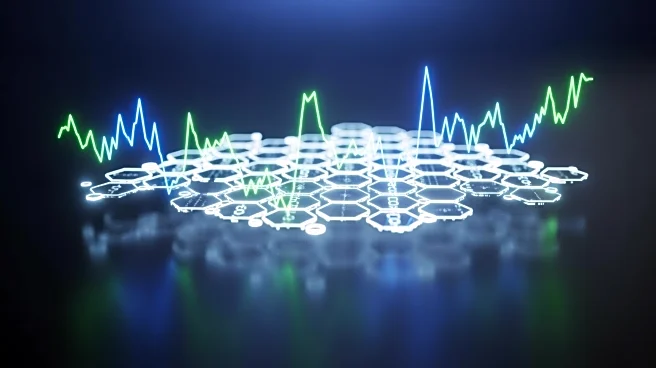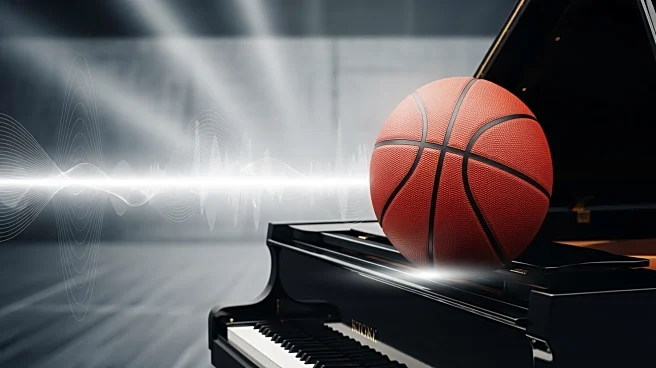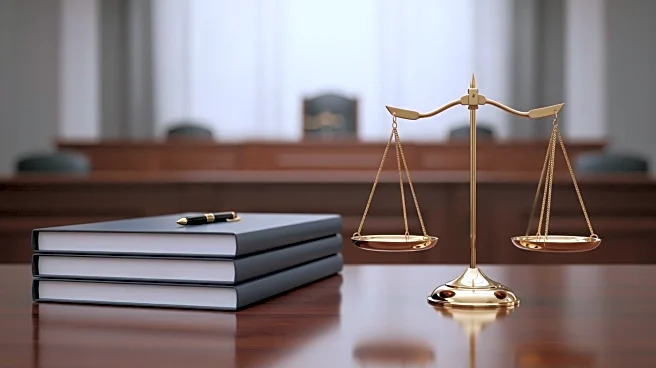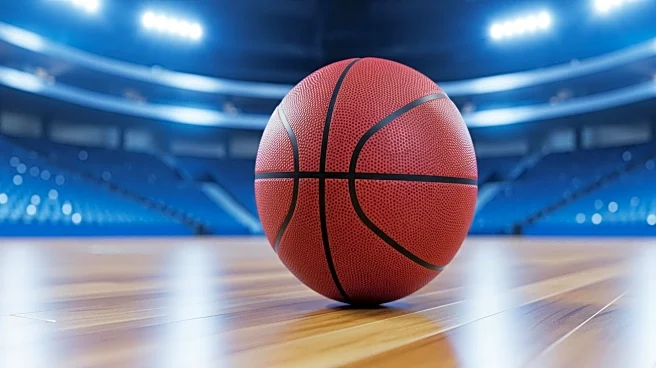What's Happening?
Researchers in Hungary have discovered that N,N-dimethyltryptamine (DMT), a psychoactive molecule found in the brain and various plants, may help reduce stroke damage. The study, led by Professor Mária Deli, Professor Zoltán Nagy, and Dr. Sándor Nardai, demonstrated that DMT treatment could restore the structure and function of the blood-brain barrier in mice that had suffered a stroke. Additionally, it improved astrocyte function, inhibited inflammatory cytokine production, and reduced infarct volume and edema formation. These findings were published in the journal Science Advances. The research suggests that DMT's dual action of protecting the blood-brain barrier and reducing brain inflammation could complement existing stroke treatments.
Why It's Important?
The potential use of DMT in stroke treatment is significant due to the limited therapeutic options currently available. In the United States, approximately 800,000 strokes occur annually, with stroke-related costs reaching $56 billion. The development of a DMT-based therapy could offer a novel approach to stroke recovery, potentially improving outcomes when used alongside existing treatments. This research highlights the importance of exploring alternative therapies to address the high incidence and economic burden of strokes. The findings could pave the way for new clinical trials and eventually lead to more effective stroke management strategies.
What's Next?
Clinical trials for DMT-based stroke treatments have already begun abroad, and further investigation into the long-term effects of DMT is ongoing. However, the path to integrating DMT into everyday medical practice remains lengthy. The legal status of DMT as a hallucinogen in many European countries, including Hungary, poses challenges for its medical application. Nonetheless, countries like the Netherlands and Portugal have adopted more open positions on DMT, which may influence future regulatory changes. Continued research and successful clinical trials could eventually lead to broader acceptance and use of DMT in stroke therapy.
